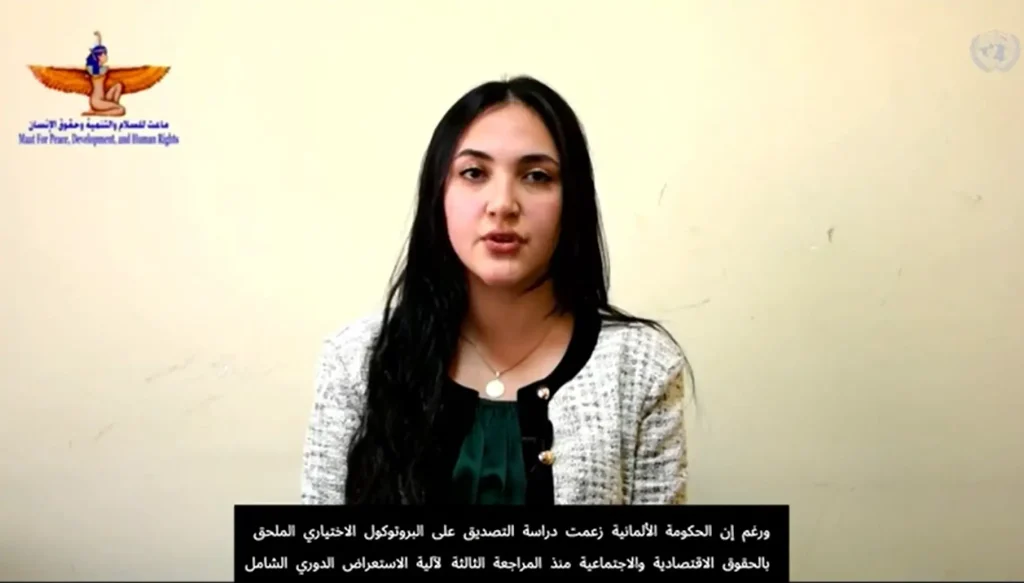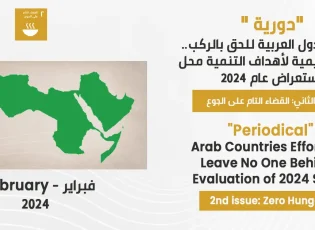The absence of field drains in the New Valley causes flooding of agricultural lands
Maat: Activating Article 14 of the Minister of Irrigation Decision No. 14717 of 1987 is imperative to save agriculture in the governorate
In light of the results of the first universal periodic review convoy conducted by the Maat Foundation for Peace, Development and Human Rights for the New Valley Governorate last May, the Foundation monitored the suffering of New Valley farmers from a problem related to the availability of field drains on which the governorate relies mainly to purify excess salts and desalinate the necessary water For transplant operations.
According to the information available to Maat Foundation, and based on discussions with a large number of farmers and officials in the governorate, the problem of field banks is summarized in the following points: -
- The lack of adequate irrigation water has led farmers to resort to digging surface wells that do not exceed 70 meters deep, which is the depth that does not allow access to water suitable for irrigation because it contains high levels of salts and oxides.
- The insufficiency of the current field drains needed to desalinate surface well water compared to the agricultural needs of the residents of the New Valley (115 thousand people).
- The lack of efficiency in the work of the current field banks and the existence of serious problems related to the optimal measurements for the design and drilling of field banks, which leads to their inability to carry out the task for which they were established.
- The intransigence of those responsible for the agricultural mechanization apparatus in providing the necessary equipment and machinery for drilling field drains, and the high cost of special machinery and equipment.
- The shortage and inefficiency of field drains caused a large part of arable land to flow out.
- The salinity of irrigation water caused the agricultural lands to be unfit for the growth of most types of vegetables and fruits, which added a financial burden on farmers who are forced to buy most types of vegetables and fruits.
All these problems together lead to the creation of obstacles in the way of New Valley farmers' access to their rights to water needed for agriculture as it is an economic activity and their main source of livelihood, which contradicts a number of recommendations accepted by the Egyptian state during the second session of the UPR in March 2015, which was one of the importants:
1- Recommendation No. 166-263, submitted by Thailand, which states: “Ensure the participation of all stakeholders, especially women, youth and vulnerable groups, in the economic development of the country with a view to achieving long-term economic growth that does not exclude anyone and ensuring the well-being of all”;
2- Recommendation No. 166-268, submitted by the Kingdom of Bhutan, which states: “To continue its efforts aimed at reducing poverty and, in particular, to focus more on programs to combat poverty in rural areas”;
3- Recommendation No. 166-271, submitted by the Republic of Mali, which states: “Continue and strengthen measures to improve the living conditions of its population”.
In light of this, the Maat Foundation appeals to the Prime Minister and the Minister of Irrigation to activate the Minister of Irrigation Decision No. 14717 of 1987 and the Ministry to return to its supportive role in digging field drains, taking into account the accuracy of the measurements on the basis of which the field drains are drilled. The Foundation also calls on the ministry to facilitate access to equipment and machinery that serve agricultural lands and reclaim desert lands for farmers.










